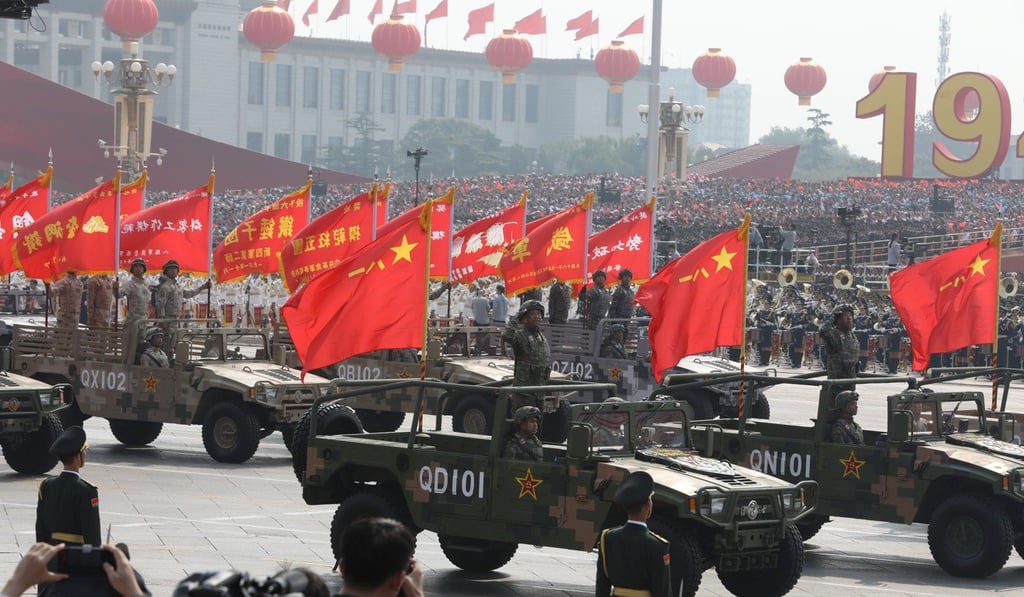Taiwan invites US to help gauge its military strength as analysts warn of growing threat from mainland China
- Taipei’s request is first time it has publicly asked US to help assess its combat readiness and follows Donald Trump’s support for closer cooperation
- Defence experts highlight PLA’s reform programme as posing an increasing challenge to the island’s military

Taiwan will seek US help to assess the island’s military strength next year as defence analysts warned of a growing military threat from mainland China.
It is the first time the self-ruled island has publicly invited America to help assess its combat potential and was announced as defence analysts warned that rapid military reforms undertaken by the People’s Liberation Army in recent years posed a growing challenge to the Taiwanese military.
Miao Hui-feng, head of the defence ministry’s integrated assessment department, announced on Wednesday that the military had budgeted NT$15.25 million (US$500,000) as travel expenses for American military personnel to visit Taiwan next year to help assess its strength.
“With the help of the US, our two sides will form an ad hoc committee to jointly assess the military strength and the defence needs of Taiwan,” she told the Legislative Yuan, adding that the assessors would offer suggestions on how to upgrade the island’s overall defence plans.
“This is very important military cooperation between the US and Taiwan and is a concrete way to consolidate the implementation of the Taiwan Travel Act,” she said, referring to the legislation signed by US President Donald Trump in March 2018 to allow high-level official exchanges between Taipei and Washington.

According to Miao, the US delegates will make three five-day visits a year. They will include representatives from the Pentagon, Indo-Pacific command and special forces as well as specialists in drone warfare, undersea mines and military aircraft.